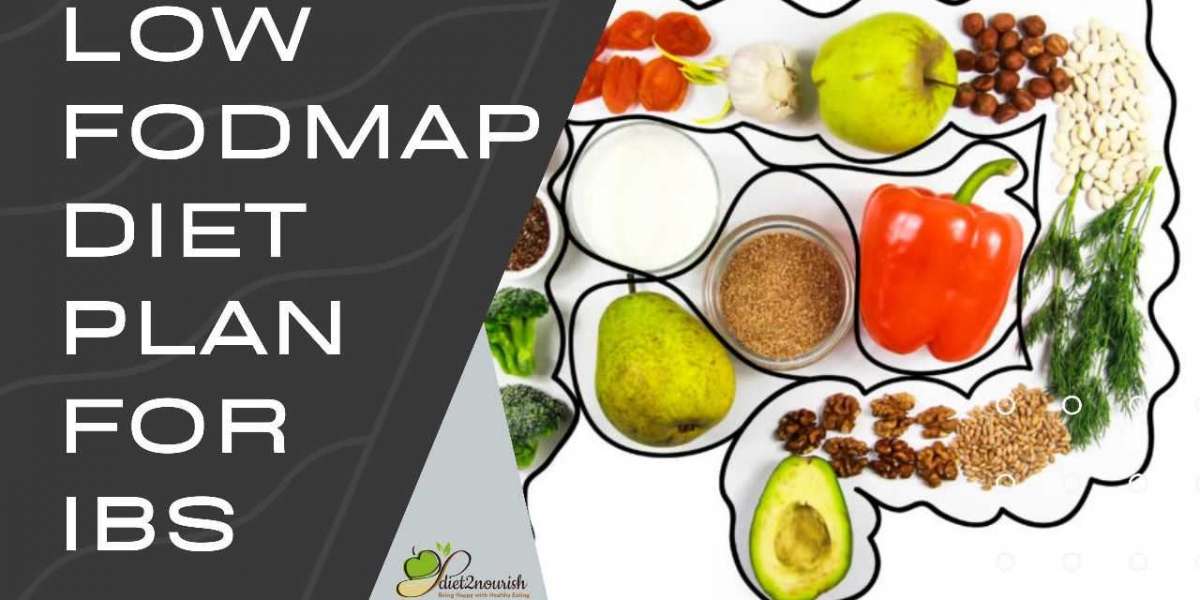IBS is a common gastrointestinal disorder characterized by symptoms like abdominal pain, bloating, diarrhea, and constipation. While there is no one-size-fits-all diet for IBS, dietary modifications can help alleviate discomfort.
Dietary Guidelines for Indian Diet Chart for IBS Patient
Fiber Intake: Fiber is essential for digestive health, but IBS patients often have sensitivities to certain types of fiber. Focus on soluble fiber sources like oats, rice, bananas, and cooked vegetables. Limit or avoid insoluble fiber-rich foods like raw vegetables, whole grains, and nuts, as they can exacerbate symptoms.
Smaller, More Frequent Meals: Eating smaller, balanced meals and snacks throughout the day can help prevent overloading the digestive system and minimize symptoms.
Hydration: Stay well-hydrated to prevent constipation. Drinking plenty of water can help soften stools and ease bowel movements.
Limit High-Fat Foods: High-fat foods can trigger IBS symptoms. Choose lean sources of protein and avoid greasy or fried foods.
Lactose and Dairy: Some IBS patients are lactose intolerant. Experiment with lactose-free or dairy-free alternatives like almond milk or lactose-free yogurt.
Probiotics: Probiotic-rich foods like yogurt can help promote a healthy gut microbiome and may improve IBS symptoms. Choose plain, low-fat yogurt or dairy-free alternatives.
Low-FODMAP Diet: Consider following a low-FODMAP diet under the guidance of a healthcare provider or registered dietitian. FODMAPs are fermentable carbohydrates that can trigger IBS symptoms in some individuals. A low-FODMAP diet involves limiting certain foods and gradually reintroducing them to identify triggers.
Indian Diet Chart for IBS Patient
Breakfast:
- Option 1: Oatmeal made with water, topped with ripe banana slices and a sprinkle of chia seeds.
- Option 2: Rice flakes (poha) cooked with cumin seeds, turmeric, and grated carrots. Serve with yogurt (if tolerated).
Mid-Morning Snack:
- A small serving of ripe papaya or a banana.
Lunch:
- Option 1: Khichdi (a mix of rice and split yellow lentils) with well-cooked vegetables like carrots and zucchini. Use minimal spices.
- Option 2: Roti made from rice flour with a simple tomato and spinach curry.
Afternoon Snack:
- A small bowl of curd (yogurt) or a lactose-free yogurt alternative.
Dinner:
- Option 1: Moong dal (green gram) soup with rice. Avoid heavy spices.
- Option 2: Steamed white rice with well-cooked, mild spinach curry.
Evening Snack:
- A handful of boiled and mashed sweet potatoes with a pinch of salt and cumin.
Bedtime Snack (if needed):
- A cup of herbal tea like peppermint or chamomile.
Additional Tips:
Limit Spices: Indian cuisine is known for its rich and flavorful spices. While some spices can be beneficial, others may exacerbate IBS symptoms. Use milder spices like cumin, coriander, and asafoetida (hing) in moderation.
Avoid Trigger Foods: Pay attention to foods that trigger your symptoms and avoid them. Common triggers include onions, garlic, spicy foods, and caffeine.
Fruits: Opt for ripe and well-cooked fruits like bananas, papayas, and ripe mangoes. Avoid citrus fruits and fruits with seeds.
Cooking Methods: Choose gentle cooking methods like steaming, boiling, or baking over frying or deep-frying.
Portion Control: Be mindful of portion sizes to prevent overeating, which can exacerbate symptoms.
Stress Management: High stress levels can worsen IBS symptoms. Incorporate stress-reduction techniques like meditation, yoga, or deep breathing exercises into your daily routine.
Consult a Dietitian: IBS is a highly individualized condition, and what works for one person may not work for another. Consult a registered dietitian who can create a personalized diet plan based on your specific triggers and symptoms.
It's essential to remember that IBS management requires patience and experimentation. Keeping a food diary can help identify trigger foods and patterns, allowing for better symptom management. Additionally, if you suspect you have IBS or have severe symptoms, consult with a healthcare provider for proper diagnosis and guidance in managing your condition. An individualized approach, guided by healthcare professionals, is crucial in effectively managing IBS and improving your quality of life.








